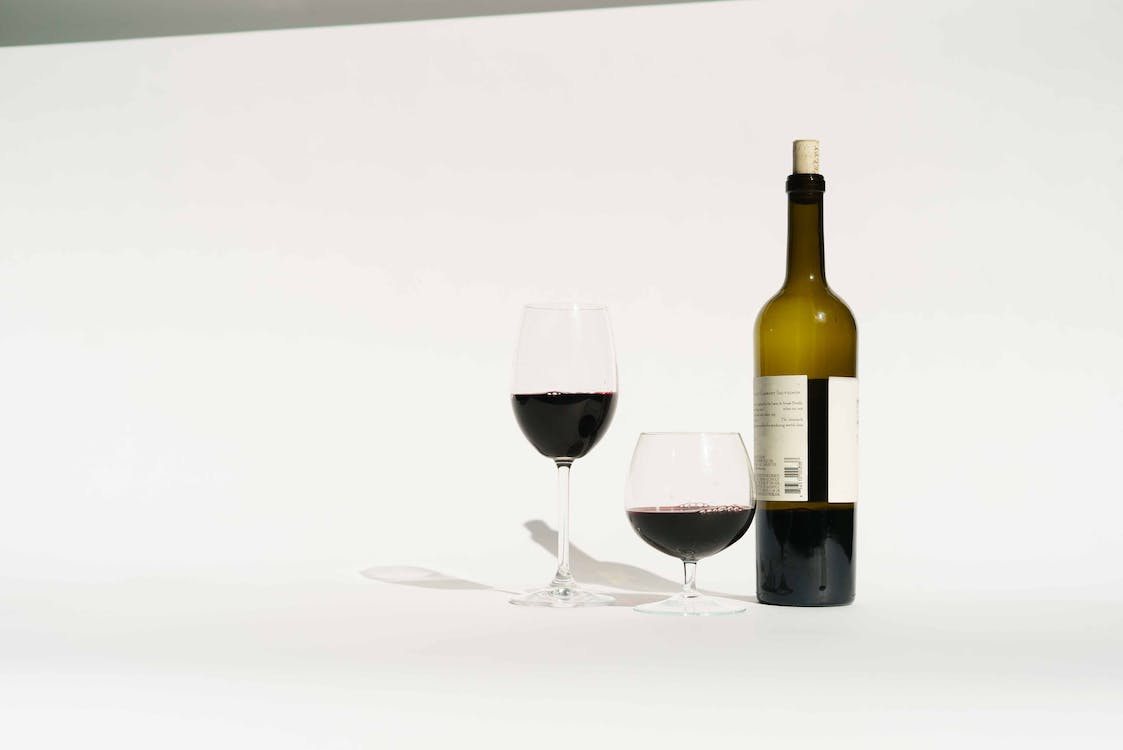Many people view the summertime as a time to kick back, relax, and enjoy the warm weather. That mindset often sets the stage for overconsumption of alcohol. From block parties, float trips, weddings, and lazy days at the beach, these activities can easily become alcohol-fueled events.
Why Alcohol Consumption Increases in the Summertime
Research published in the Journal of Studies on Alcohol found that the summer months are the most popular time for alcohol use, second only to December. Although heavy drinkers may maintain their habits year-round, some individuals may begin drinking heavily during the summer months influenced by their peers.
A survey found that respondents associate alcohol consumption with socializing and downtime, both of which are abundant in the summer. Holidays like the Fourth of July, Memorial Day, and Labor Day may also contribute to this behavior.
Annual sales reports reflect an increase in alcohol consumption during the summer. An analysis of annual beverage sales data revealed a spike in beer sales during July and August, followed by a drop throughout the fall season.
While having fun and leisure activities is essential for self-care, it should not be confused with a license to abuse alcohol. Overindulging in alcoholic beverages can lead to severe consequences, outweighing any short-term benefits.
How Much Alcohol Is Too Much?
Some individuals with a family history of substance abuse or prior addiction problems will avoid alcohol altogether, especially those who have recently completed a rehab program and are actively working to maintain their sobriety.
Others may consume alcohol without realizing they’ve had too much until it’s too late. Patterns of long-term binge drinking and heavy drinking can easily lead to addiction. It’s crucial to know how much is too much.
The National Institute on Alcohol Abuse and Alcoholism (NIAAA) defines “at-risk” drinking as a pattern that could increase a person’s risk for alcohol use disorder and other health problems. For men, this is having more than four drinks on any single day or 14 drinks per week. For women, it is more than three drinks on any single day or seven drinks per week.
This is a general guideline, and the effects can vary from person to person. Consuming too much alcohol too often leads to adverse physical, social, and emotional effects.
If your family has approached you about your drinking habits or you feel like you may be struggling with alcohol use disorder, an alcohol rehab program can provide the necessary life skills, peer support, education, and behavioral therapy to overcome your addiction.
Treating Alcohol Use Disorder and Addiction
Diagnosing alcohol use disorder in someone you love can be challenging. Taking an honest look at a person’s behaviors and drinking habits is essential for their overall wellness and the well-being of those around them. The NIAAA cites several signs and symptoms of alcohol use disorder:
- Drinking more alcohol or for a longer period than intended
- Wanting to stop drinking but being unable to
- Getting into risky situations while drinking
- Having to drink more than they once did to achieve the same effects
- Continuing to drink despite social, physical, and emotional problems
- Spending a lot of time drinking or recovering from hangovers
- Neglecting obligations to family, work, and friends due to drinking habits
- Giving up hobbies and leisure activities to drink alcohol
- Experiencing withdrawal symptoms when the effects of alcohol wear off
If you or a loved one shows any of these signs, it may be a sign of alcohol use disorder. According to the 2015 National Survey on Drug Use and Health (NSDUH), 15.1 million adults aged 18 and older suffered from alcohol use disorder, but only 6.7 percent received treatment.
Taking the first step to seek help is the hardest part of overcoming alcohol addiction. Although recovery requires hard work, dedication, and time, it is achievable.
Seeking Help for Alcohol Addiction
A comprehensive alcohol rehab program is designed to help individuals who struggle with chronic relapse. Such programs provide the tools and skills necessary to avoid relapse and maintain long-term sobriety for a fulfilling life in recovery. Addiction treatment professionals offer personalized treatment programs to meet your specific needs.
If you’ve tried to get sober multiple times and failed, know that help is available. Alcohol addiction is no joke, and what might seem like harmless summer fun can quickly spiral into a serious problem.
Encourage your loved one to seek help if they are struggling. Start by talking to them about their drinking habits and expressing your concern. Research treatment options together and support them through the process.
Alcohol consumption tends to increase during the summer, but it’s essential to recognize when it becomes problematic. Understanding the signs of alcohol use disorder and seeking help when needed can make a significant difference. If you or a loved one is struggling with alcohol addiction, reach out for help today. Recovery is possible, and taking that first step can lead to a healthier, happier future.




